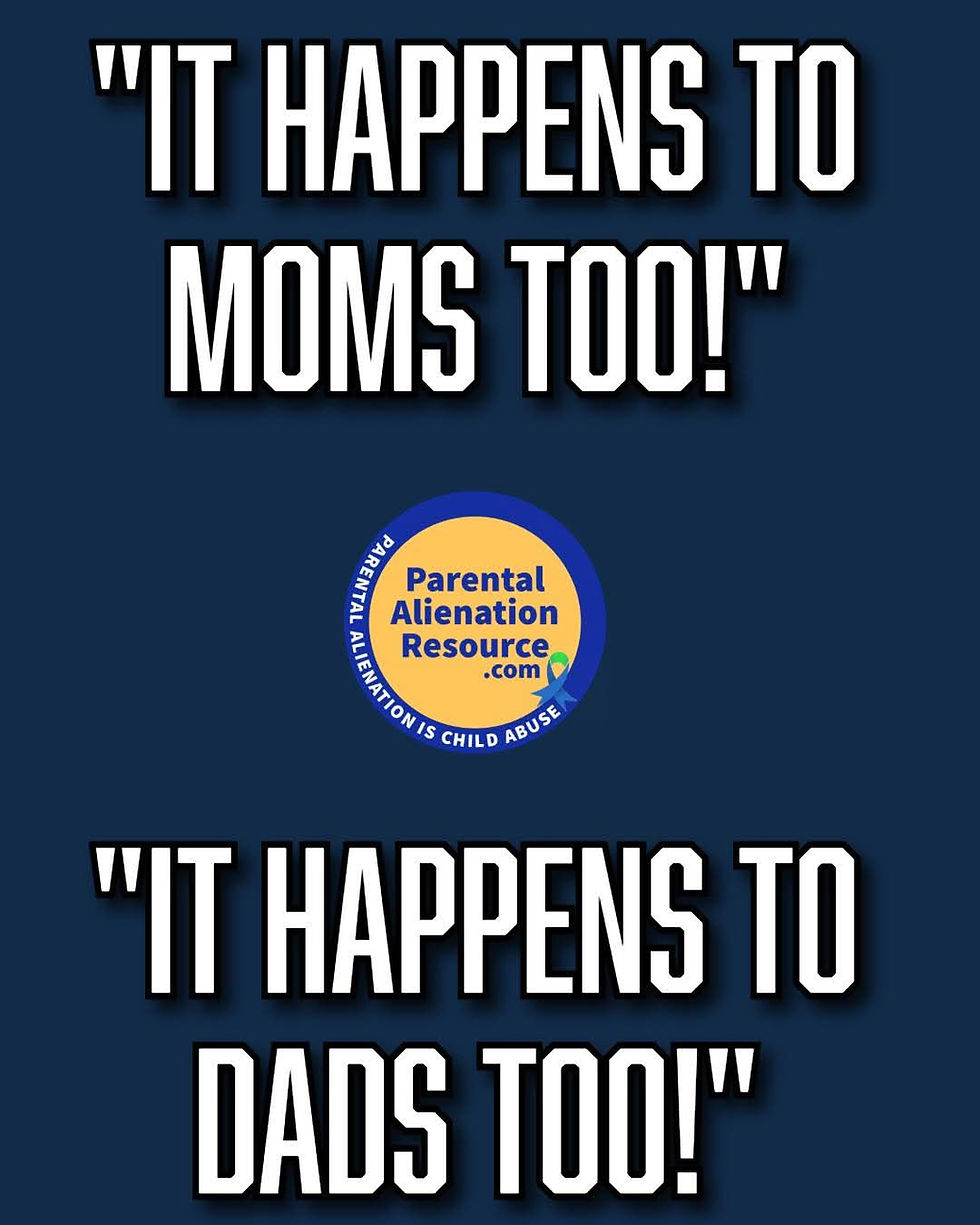The Child Alienation Scale (CAS) and the Parental Alienation Questionnaire (PAQ)
- Parental Alienation Resource

- Aug 6, 2023
- 2 min read
Updated: Aug 15, 2023

Assessment scales like the Child Alienation Scale (CAS) and the Parental Alienation Questionnaire (PAQ) are designed to evaluate the presence and severity of parental alienation behaviors. These scales typically include a series of questions or statements related to various aspects of parent-child relationships and interactions. Here are some common criteria or factors that these assessment scales may consider:
Denigration: The scale may assess the degree to which one parent denigrates or speaks negatively about the other parent in front of the child, attempts to undermine the child's perception of the targeted parent, or fosters a negative attitude towards the targeted parent.
Emotional manipulation: The scale may examine whether the alienating parent engages in emotional manipulation, such as inducing guilt, fear, or loyalty conflicts in the child to create distance or hostility towards the targeted parent.
Access interference: Assessments scales may include items that evaluate whether the alienating parent restricts or interferes with the child's access to the targeted parent, such as making it difficult for the child to spend time with or communicate with the other parent.
Rejection of the targeted parent: The scale may assess the extent to which the child exhibits unwarranted or disproportionate rejection, hostility, or avoidance towards the targeted parent, even in the absence of valid reasons for such behavior.
Alignment with the alienating parent: The scale might consider the child's rigid or unquestioning loyalty towards the alienating parent, even when it goes against the child's best interests or contradicts their prior positive experiences with the targeted parent.
Fear and anxiety: Assessments scales may also explore whether the child exhibits fear, anxiety, or distress when compelled to have contact or engage with the targeted parent, which may indicate the presence of coercion or undue influence.
It's important to note that these scales serve as tools to assist professionals in assessing parental alienation, but the determination of parental alienation should not solely rely on these scales. They should be used in conjunction with other forms of assessment and clinical judgment.









Comments